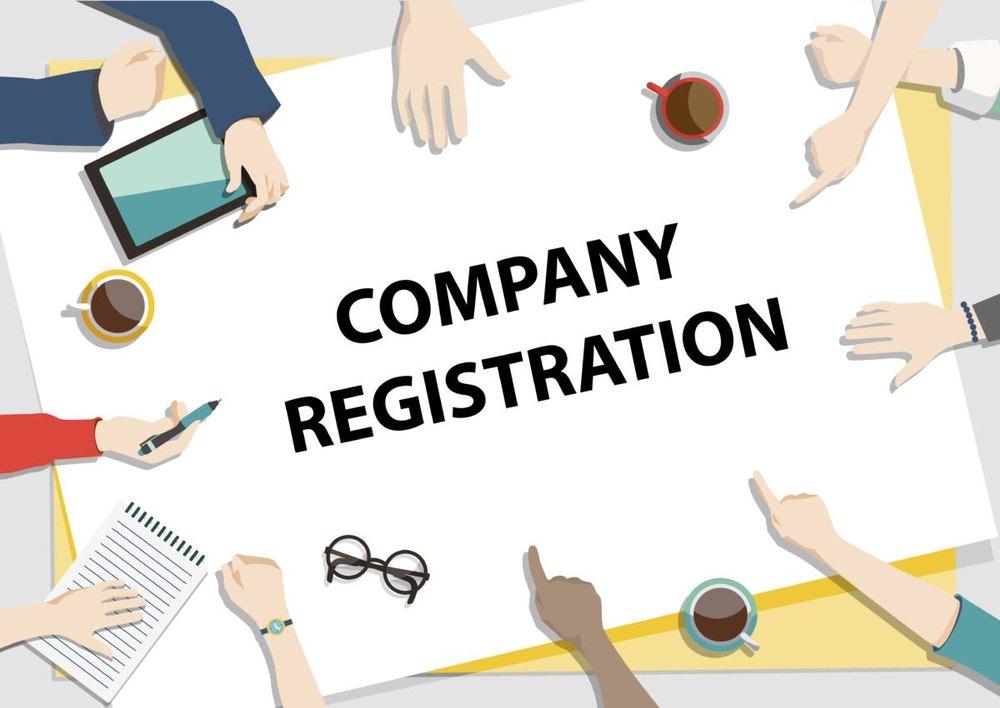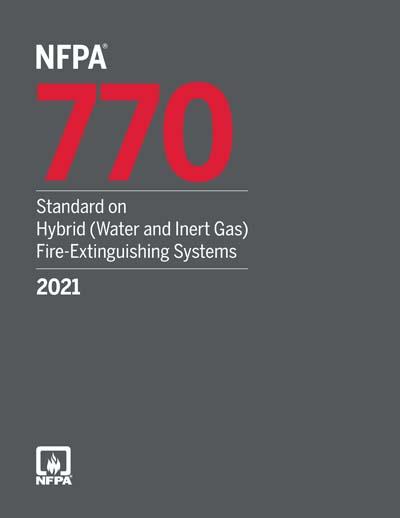Documents Required for Sole Proprietorship Registration in India

Starting a small business in India is often easiest through a Sole Proprietorship, since it involves fewer compliances, minimal cost, and simple registration procedures. However, while there is no central law that governs sole proprietorships, entrepreneurs need certain documents to establish legal identity, open a current bank account, and meet tax and regulatory requirements.
In this article, we’ll break down the key documents required for Sole Proprietorship Registration in India, their purpose, and how they help you get started.
1. Proof of Identity of the Proprietor
The proprietor is the business owner, and their identity proof is mandatory for registration. Any one of the following is acceptable:
-
Aadhaar Card
-
Voter ID
-
Passport
-
Driving License
-
PAN Card (Permanent Account Number – mandatory for tax compliance)
👉 Tip: Ensure that the details on your PAN and Aadhaar match, as discrepancies may delay GST or bank account approvals.
2. Proof of Address of the Proprietor
The residential address of the proprietor is also required. You can provide any of these:
-
Utility Bills (Electricity/Water Bill)
-
Ration Card
-
Property Tax Receipt
-
Aadhaar Card with updated address
3. Proof of Business Address
To establish your office or shop, you need to submit proof of the business place. Documents vary depending on whether the property is owned or rented:
-
Owned Premises – Property tax receipt, electricity bill, or any document in the owner’s name.
-
Rented Premises – Rent Agreement + NOC (No Objection Certificate) from the landlord.
4. PAN Card of the Proprietor
A PAN card is compulsory for:
-
Filing income tax returns
-
Opening a current bank account
-
Applying for GST registration
If you do not already have one, applying for a PAN card should be the first step.
5. Bank Account Proof
Banks usually require KYC documents to open a current account in the name of the business. For this, they may ask for:
-
Cancelled cheque of savings account
-
Passport-size photographs
-
Proof of business registration (GST Certificate, Shop and Establishment Certificate, or Udyam Registration)
6. Business Registration Certificates (Depending on Need)
While a sole proprietorship has no single mandatory certificate, some registrations are needed for legal and financial recognition:
-
Udyam Registration (MSME) – For government recognition and subsidy benefits
-
GST Registration – If turnover exceeds ₹40 lakh (₹20 lakh for services) or for interstate supply/e-commerce sales
-
Shop and Establishment Certificate – For businesses operating out of commercial spaces, mandated by state laws
7. Additional Licenses (Industry Specific)
Depending on the type of business, additional licenses may be required:
-
FSSAI License – For food-related businesses
-
Import Export Code (IEC) – For export/import businesses
-
Professional Tax Registration – In states where applicable
Quick Checklist: Documents at a Glance
| Category | Documents Required |
|---|---|
| Identity Proof | Aadhaar / Voter ID / Passport / DL / PAN |
| Residential Proof | Utility Bill / Aadhaar / Ration Card |
| Business Address Proof | Electricity Bill / Rent Agreement + NOC |
| PAN Card | PAN of Proprietor (mandatory) |
| Bank Account KYC | Photos, Cancelled Cheque, Registration Certificate |
| Business Licenses | Udyam, GST, Shop Act, FSSAI, IEC, etc. |
Conclusion
While registering a Sole Proprietorship in India is simple, the right documents are crucial for smooth functioning. Identity proof, business address, PAN card, and specific licenses ensure legal compliance, make banking easier, and help you avail tax and government benefits.
If you’re planning to set up your sole proprietorship, prepare these documents in advance—it will save you time, avoid compliance hassles, and give your business a professional identity.







